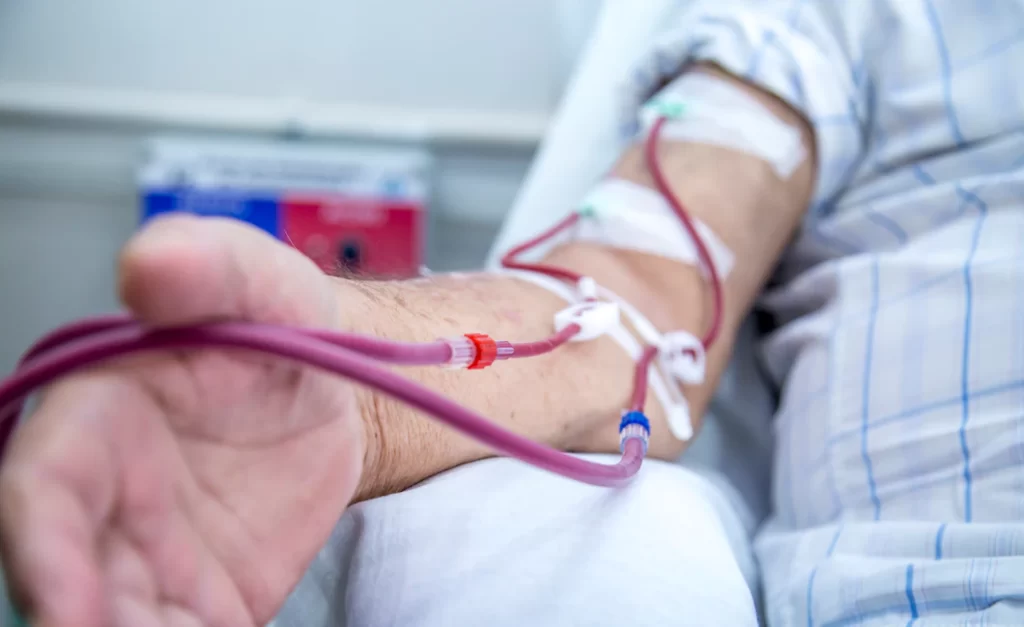Dialysis is a medical procedure used to filter waste products and excess fluids from the blood of patients with kidney failure. This process helps to improve a patient’s health and wellbeing in many ways, including:
- Improved Energy Levels: Patients with kidney failure often experience fatigue and weakness due to the accumulation of waste products in their blood. Dialysis helps to remove these waste products, which can result in increased energy levels and a greater ability to participate in daily activities.
- Decreased Fluid Retention: Dialysis helps to remove excess fluids from the body, which can accumulate in patients with kidney failure. This can result in decreased swelling in the legs and feet, as well as decreased shortness of breath and other symptoms associated with fluid retention.
- Better Appetite: Patients with kidney failure often experience a loss of appetite due to the buildup of waste products in their blood. Dialysis helps to remove these waste products, which can lead to an improvement in appetite and a greater ability to enjoy food.
In addition to these benefits, dialysis can also help to control high blood pressure, maintain proper electrolyte balance, and prevent complications associated with kidney failure, such as anemia and bone disease.
Overall, dialysis can significantly improve the health and wellbeing of patients with kidney failure, allowing them to live more active and fulfilling lives.

